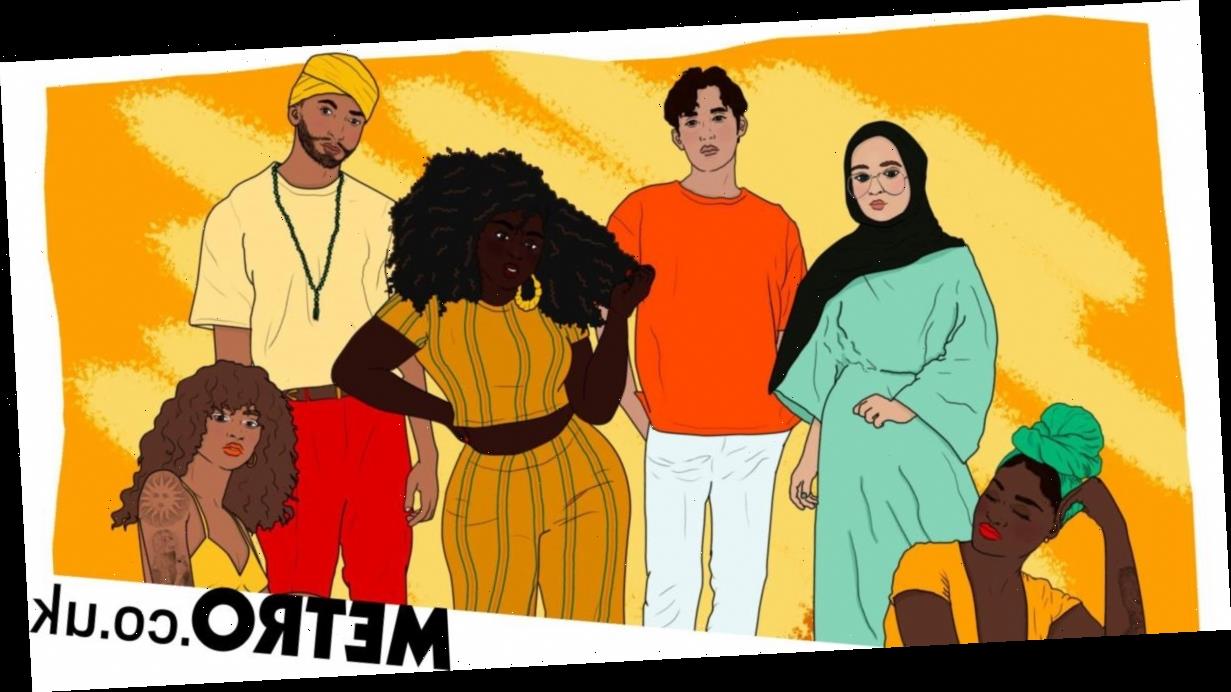New research by race equality think tank Runnymede Trust has found that the coronavirus pandemic is continuing to affect ethnic minorities disproportionately.
Earlier in the year, Black and Asian people were found to be more likely to die from coronavirus than white groups.
Runnymede’s research has found that in the months since, nothing has changed as Covid-19 continues to work on racial lines – BAME groups continue to be disproportionately affected by coronavirus as a result of systemic inequality.
Runnymede has said that despite the inequalities exposed earlier this year, there has been little effort to stop Covid-19 from hitting minority ethnic communities hardest as we enter the second wave.
Visit our live blog for the latest updates Coronavirus news live
Without urgent action, the effects of pandemic are set to be felt unequally again, they added.
The research – in collaboration with CF healthcare consultancy and the Institute for Public Policy Research- found that over 2,500 deaths could have been avoided during the first wave in England and Wales if the Black and Asian populations did not experience an extra risk of death from Covid-19 compared to the white population.
They estimate that over 58,000 and 35,000 additional deaths from Covid-19 would have occurred if the white population had experienced the same risk of death from Covid-19 as the Black and Asian and populations, respectively.
The think tank said that underlying diseases such as heart disease, lung disease, and diabetes don’t explain the inequalities
One of the authors, Dr. Parth Patel tells Metro.co.uk: ‘Race and ethnicity are concepts defined by society, not by genes, and so the reasons why race and ethnicity are determinants of Covid-19 outcomes are societal, not genetics.
‘We find that differences in underlying diseases, like diabetes, are also not driving these disparities. These inequalities are not inevitable – the government can take practical steps now to reduce them this winter and avoid unnecessary deaths.’
Co-author of the report Nick Treloar, who is a research analyst at the Runnymede Trust, also tells us: ‘We are not surprised by these findings, they are just the latest in a long line of shocking figures.
‘What is new and perhaps most important is that comorbidities (such as diabetes) do not play a part in the excess death rates for BAME communities.
‘Earlier in the summer much was being made about vitamin D deficiencies, higher risks of diabetes, and other comorbidities as explaining the excess death rates. However, our study, along with the recent ONS study entirely quashes those rumours and ends all talk of this being a “genetic” problem.’
Runnymede is calling on the government to take urgent action to tackle these inequalities.
‘Immediate isolation pay support needs to be made available,’ adds Nick.
‘Ethnicity needs to be added as a risk factor, temporary self-isolation accommodation needs to be made available. The government’s commission that that has been set up is too slow to be dealing with the urgent and current crisis.
‘If we do not act immediately we will sleep walk into the same mistakes as during the first wave and see disproportionate and avoidable deaths for BAME communities.’
Today, the government is responding to the wide inequalities faced by people from ethnic minority communities.
Do you have a story you want to share?
Email [email protected] to tell us more.
Source: Read Full Article


